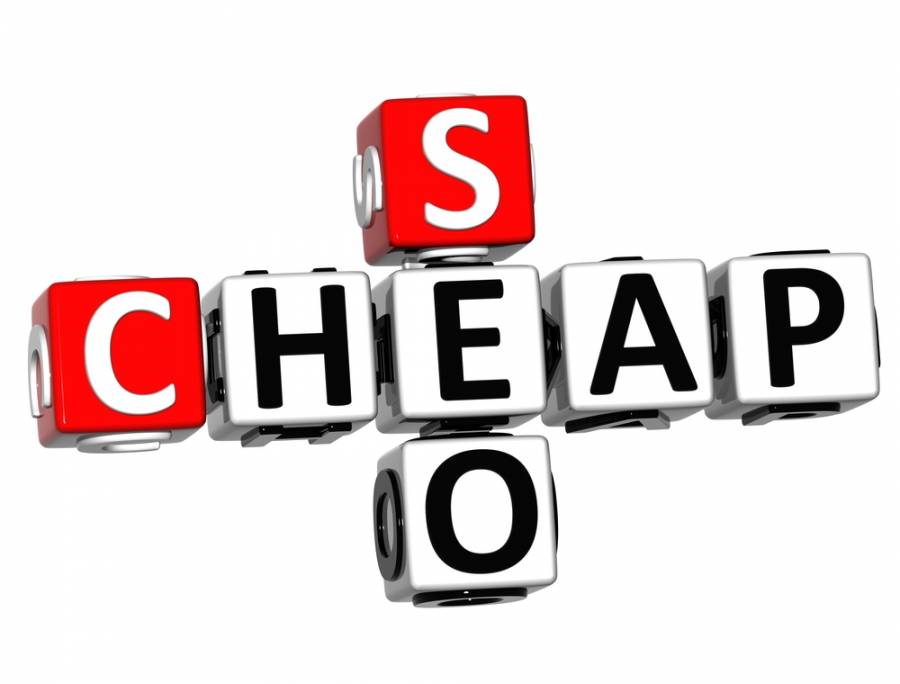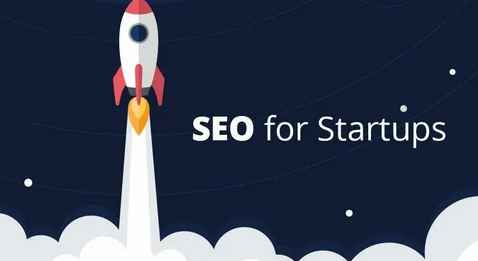Many people use the terms “marketing” and “promotion” interchangeably, assuming they mean the same thing. While they are closely related and often overlap in practice, marketing and promotion serve different purposes and operate at different levels of business strategy. If you’re working with or considering hiring a digital marketing and SEO agency, understanding the distinction between the two can help you make better strategic decisions.
Let’s dive into the core differences, and explore how they work together to build powerful brand visibility and drive business success.
Marketing: The Bigger Picture
Marketing is a broad concept that covers the entire process of creating, communicating, delivering, and exchanging offerings that provide value to customers. It’s not limited to just selling — marketing starts well before a product is even launched.Core Components of Marketing:
- Market Research: Understanding customer needs and behavior
- Product Development: Designing solutions that match market demand
- Pricing Strategy: Setting prices that reflect value and competitiveness
- Distribution (Place): Choosing how and where to make the product available
- Promotion: Communicating value to the target audience
Promotion: A Subset of Marketing
Promotion, on the other hand, refers specifically to the tactics used to spread awareness about a product, service, or brand. It’s the execution phase where companies push their message to customers using various communication tools.Common Promotional Activities:
- Advertising (TV, print, radio, digital ads)
- Social media marketing
- Public relations and press releases
- Influencer campaigns
- Email marketing
- Sales promotions and discounts
- Content marketing and SEO
Example: How They Work Together
Let’s say a new organic skincare brand wants to launch a product line.- The marketing strategy involves understanding what the audience wants (natural, chemical-free ingredients), setting competitive prices, choosing to sell through both retail and e-commerce, and planning customer support.
- The promotion phase includes running Instagram ads, sending PR packages to influencers, offering a launch discount, and publishing optimized blog posts for SEO.
Key Differences at a Glance
| Aspect | Marketing | Promotion |
| Scope | Broad, long-term strategic planning | Specific, short-term tactical execution |
| Function | Encompasses research, pricing, product, placement | Focuses on communication and visibility |
| Goal | Build brand, meet customer needs, drive growth | Raise awareness, generate leads or sales |
| Timeframe | Ongoing process | Often campaign-based and time-limited |
| Role in Business | Core business function | One element within the marketing mix |
Why Businesses Confuse the Two
It’s easy to see why many confuse promotion with marketing — because promotion is the most visible part. When you see an ad, a social post, or a sponsored influencer video, that’s promotional activity in action. But what’s less visible is the research, strategy, pricing decisions, product design, and customer segmentation that shape those messages. That’s why a digital marketing and SEO agency doesn’t just run ads — it helps businesses build and execute comprehensive marketing strategies, with promotion being just one (very important) component.Where SEO and Digital Marketing Fit In
Today, much of marketing and promotion happens online — and this is where a digital marketing and SEO agency truly shines.Digital Marketing Covers:
- Social media strategy
- Email campaigns
- PPC (pay-per-click) advertising
- Influencer outreach
- Content strategy
- Online branding
SEO (Search Engine Optimization) Focuses On:
- Keyword research
- On-page SEO (meta tags, headings, content structure)
- Technical SEO (site speed, mobile-friendliness, indexing)
- Link building
- Local SEO
The Role of a Digital Marketing and SEO Agency
If you want your brand to stand out in a crowded market, hiring a digital marketing and SEO agency can be a game-changer. Here’s what they bring to the table:- Strategic planning that aligns marketing and promotional goals
- Audience research to create data-driven campaigns
- Targeted promotions through paid ads and organic content
- Ongoing optimization and performance analysis
- Integration of SEO with broader digital campaigns for sustainable growth





